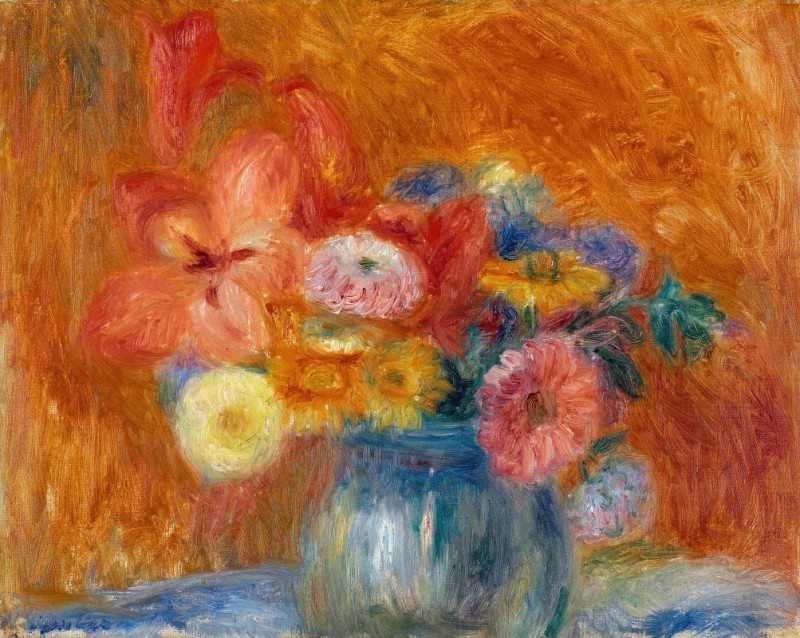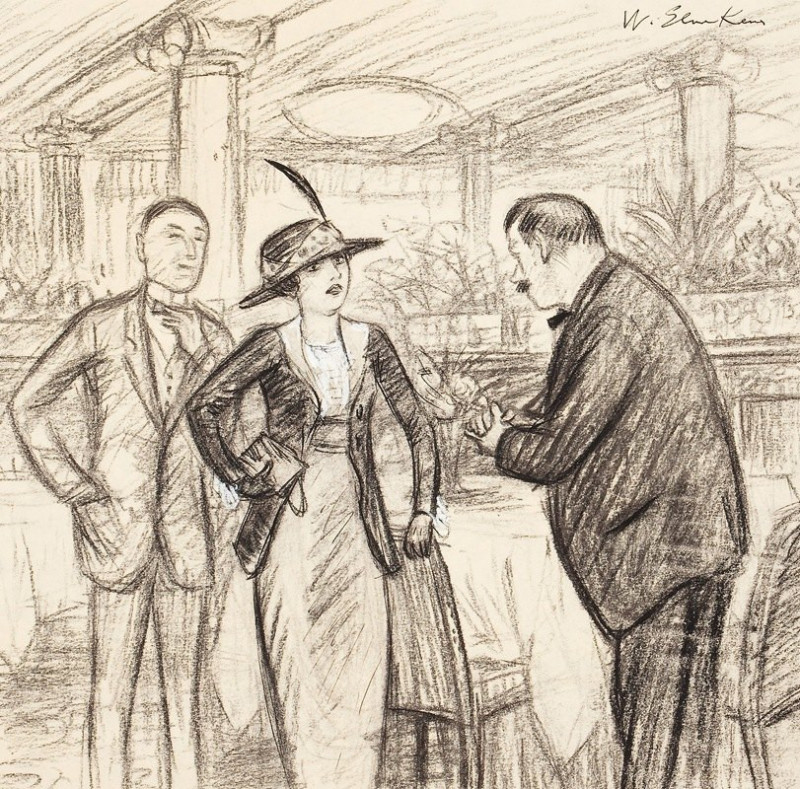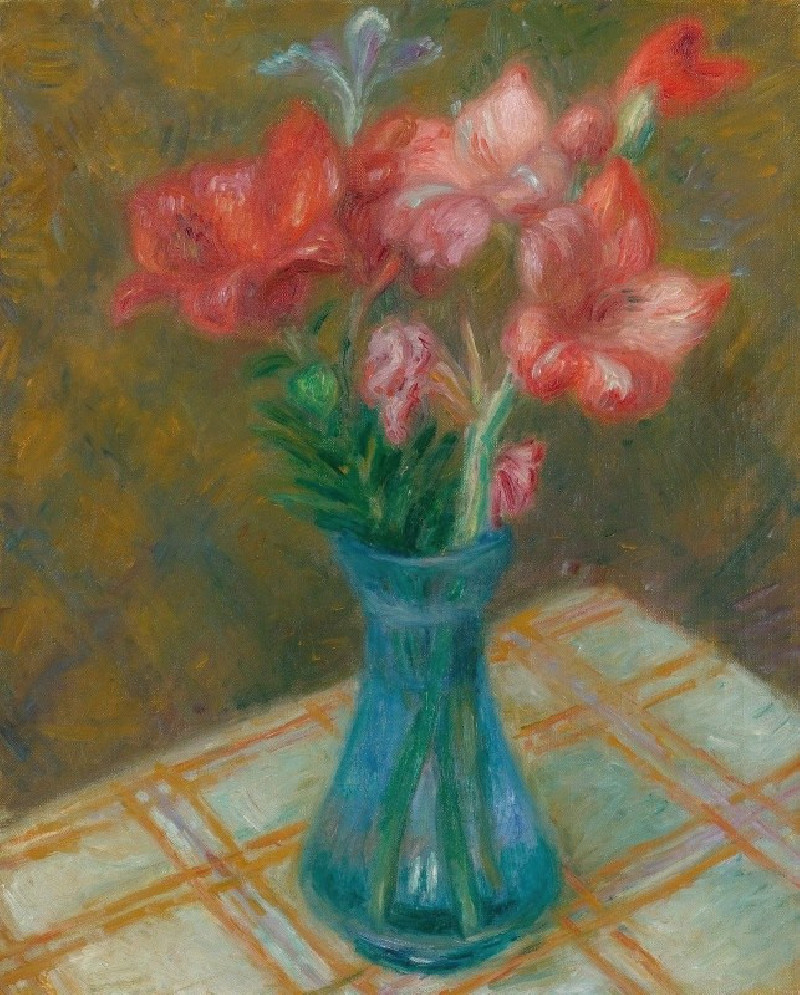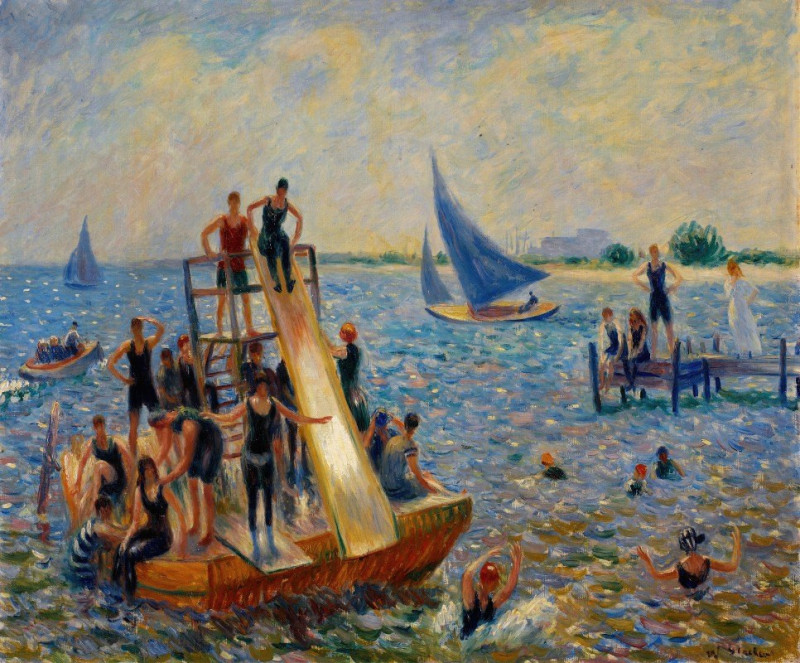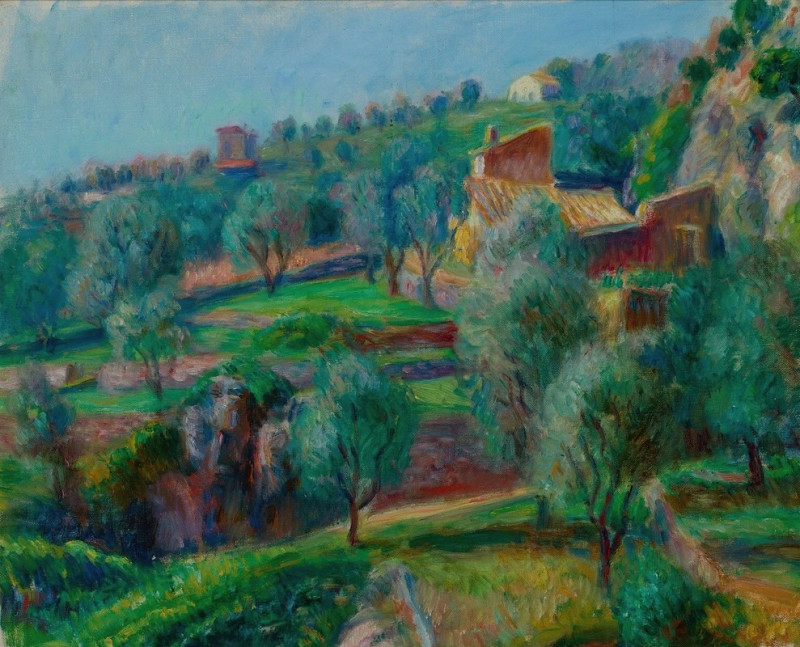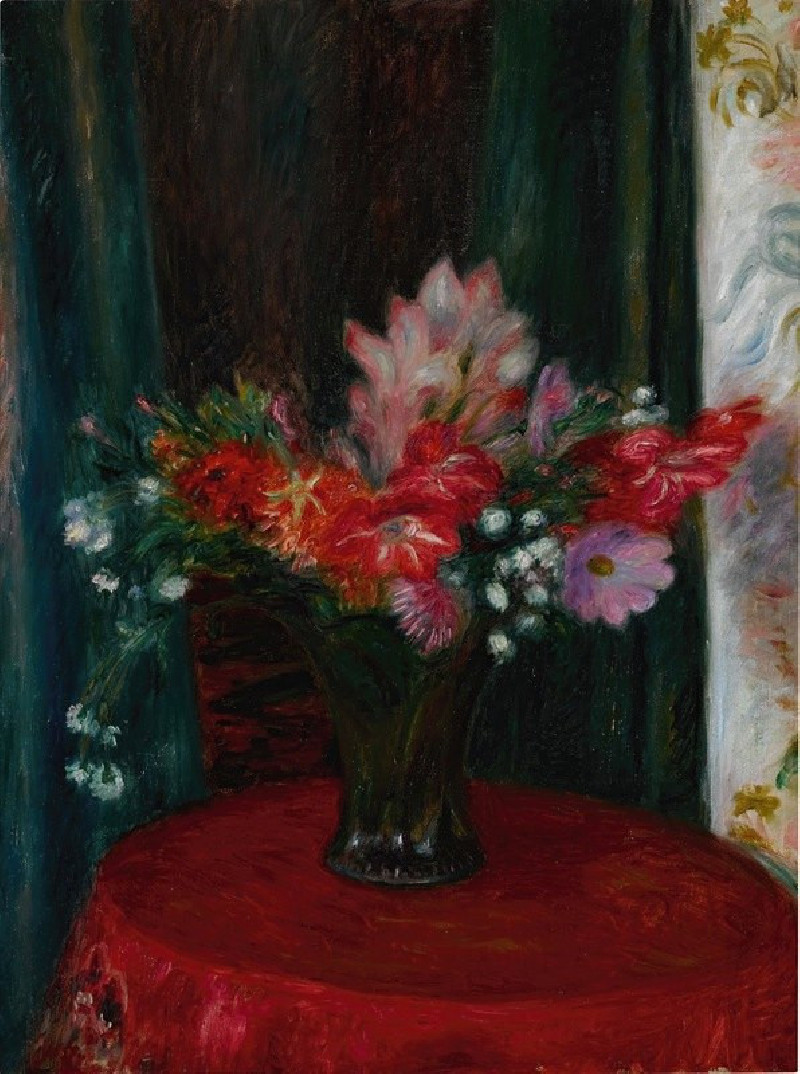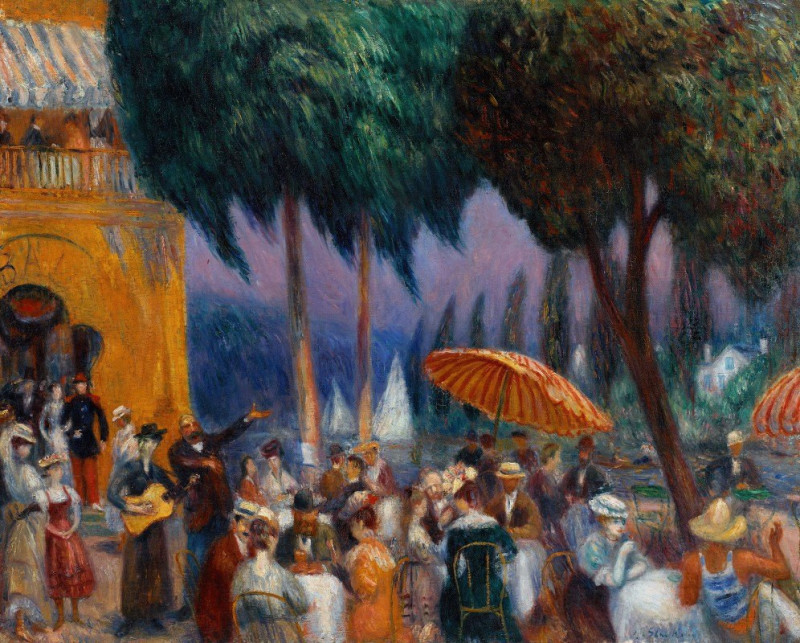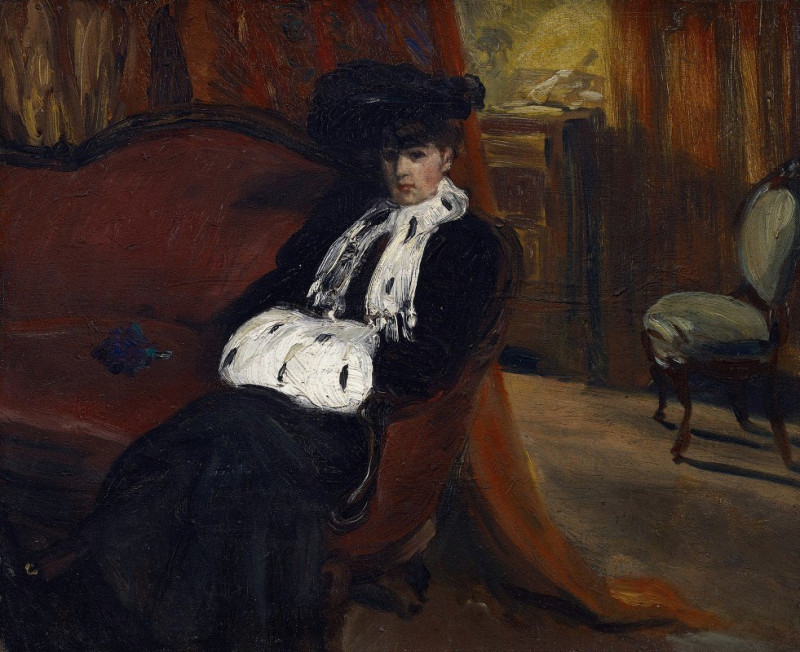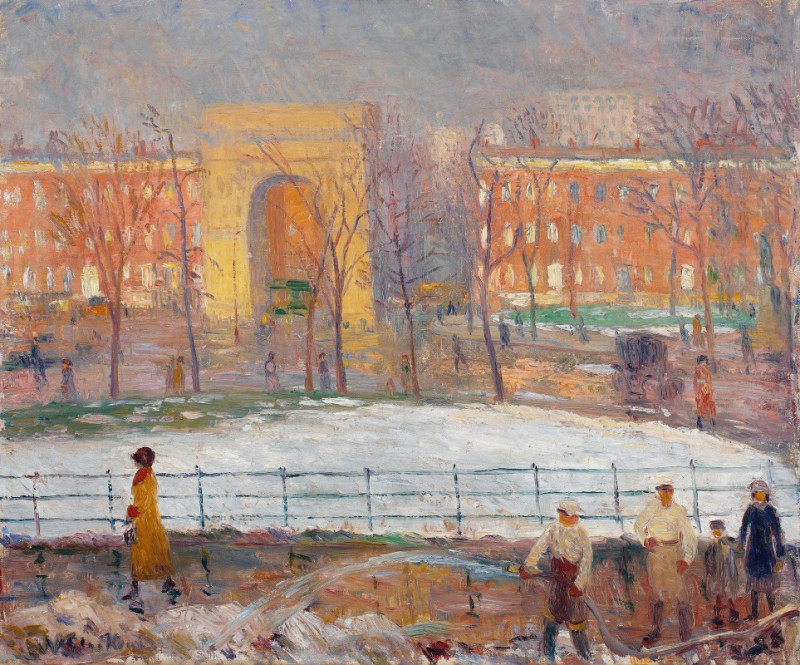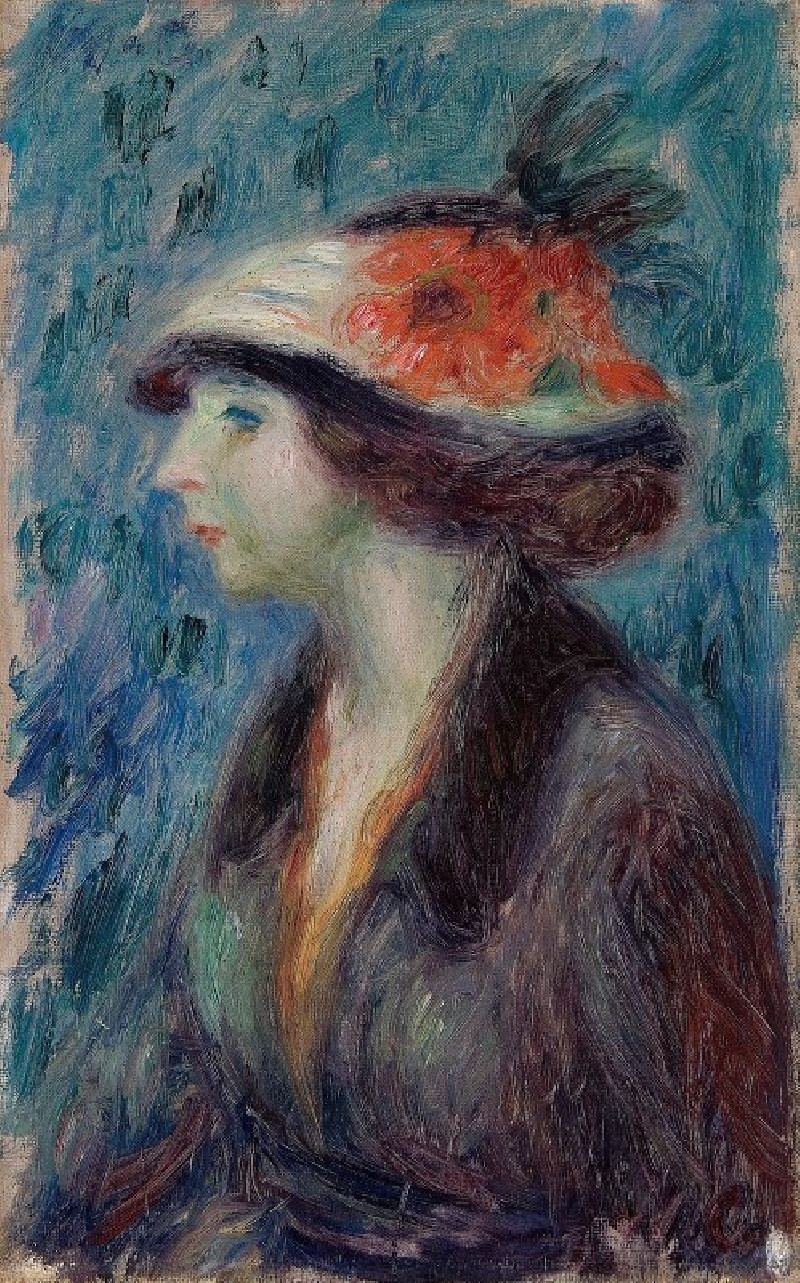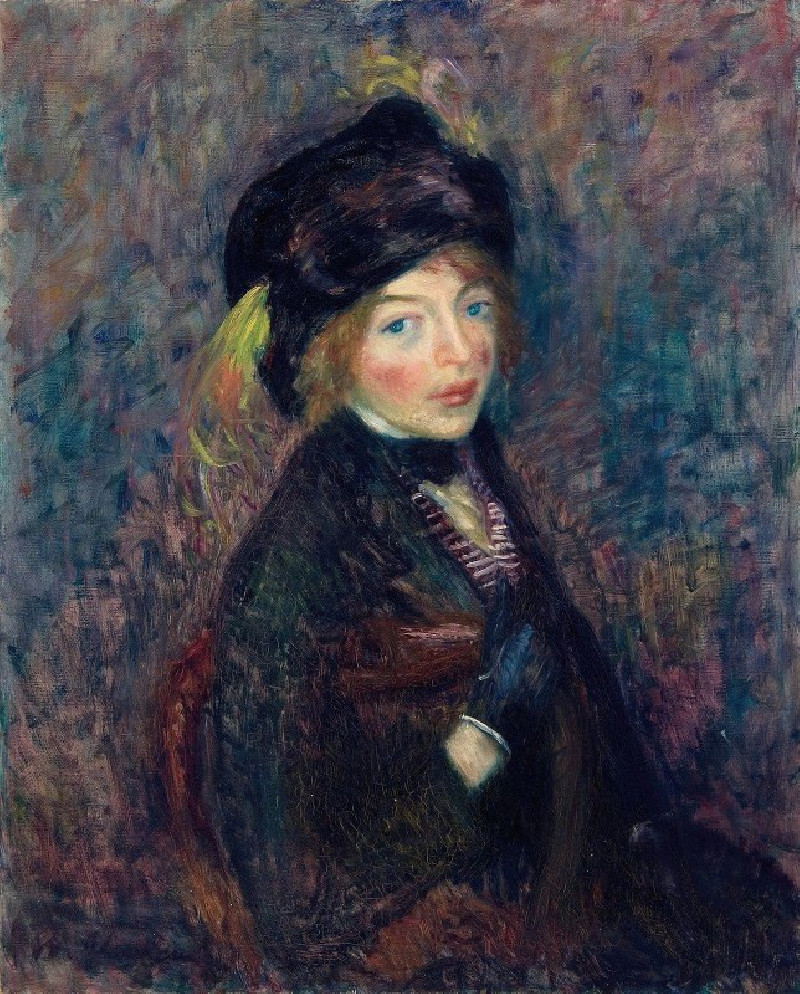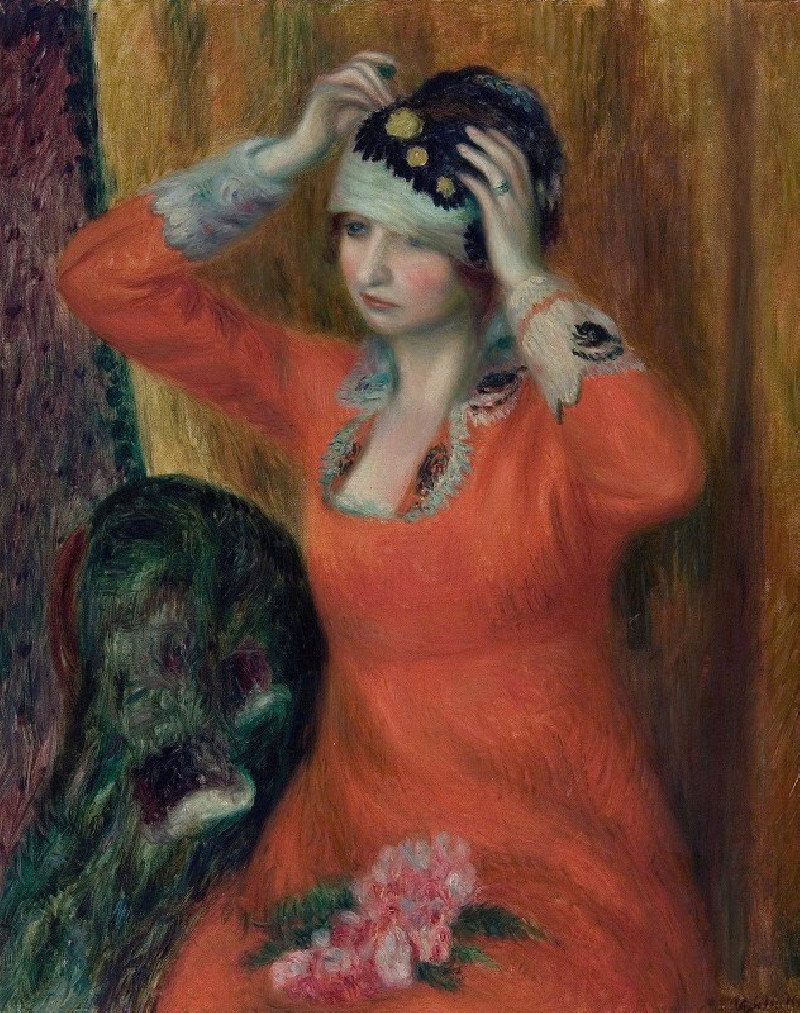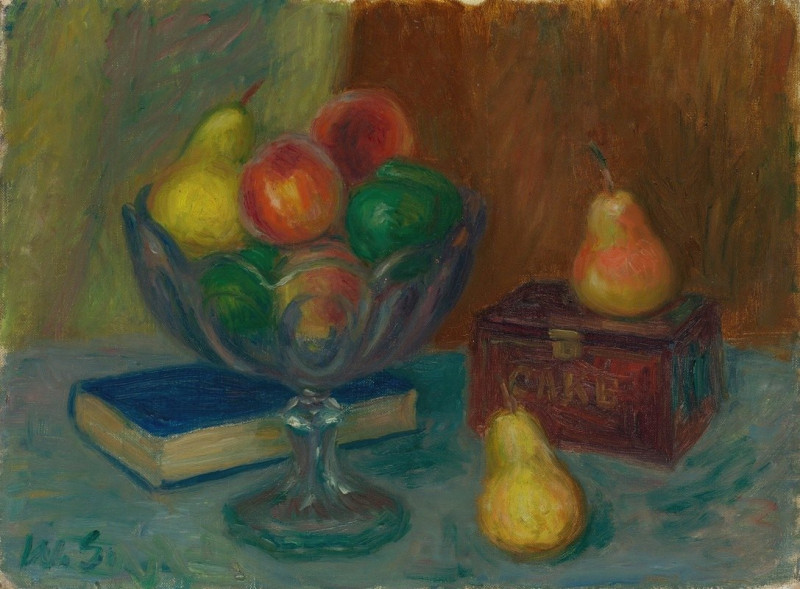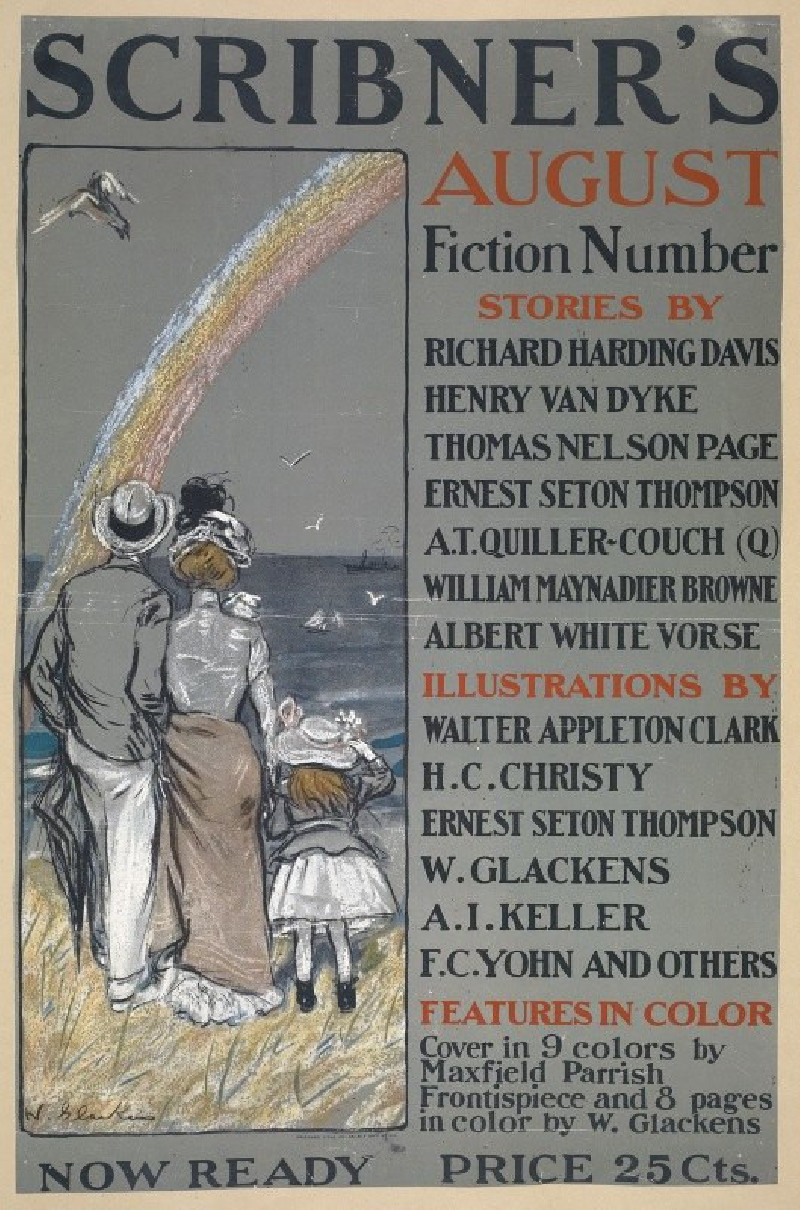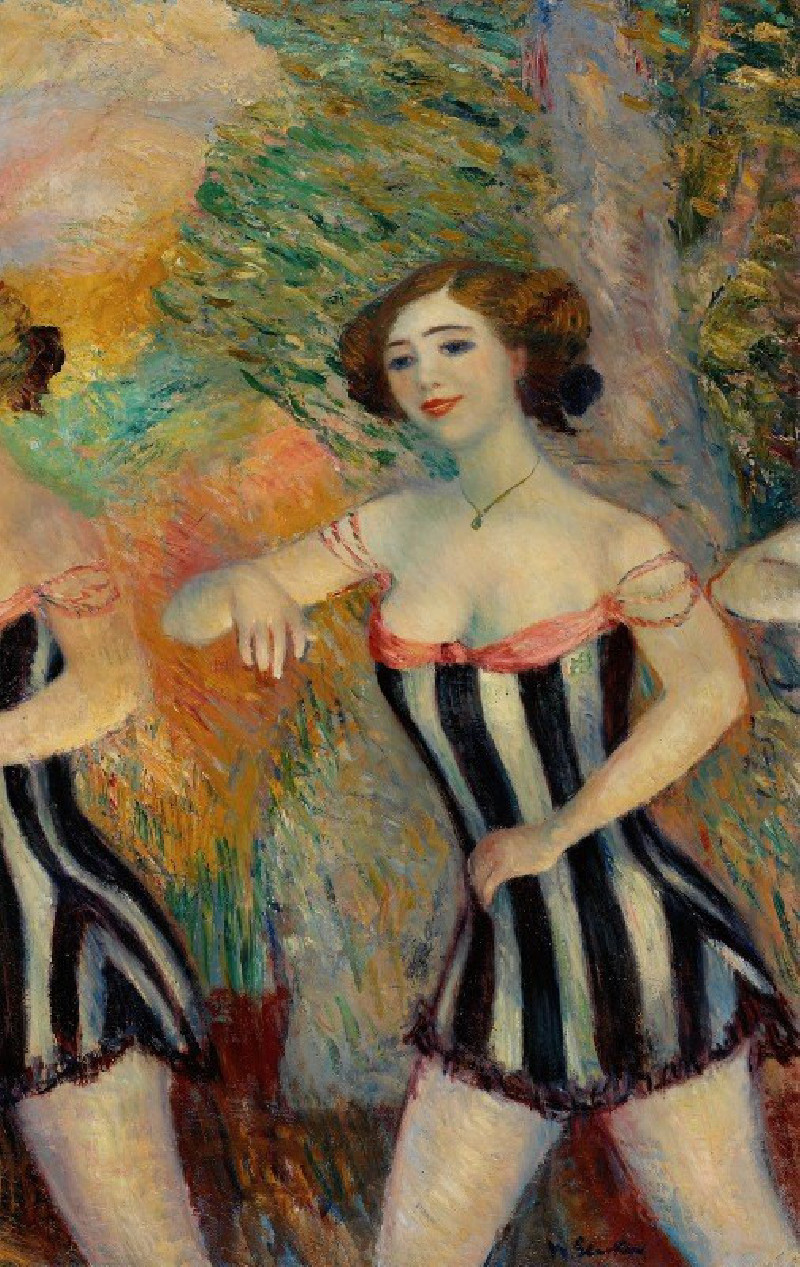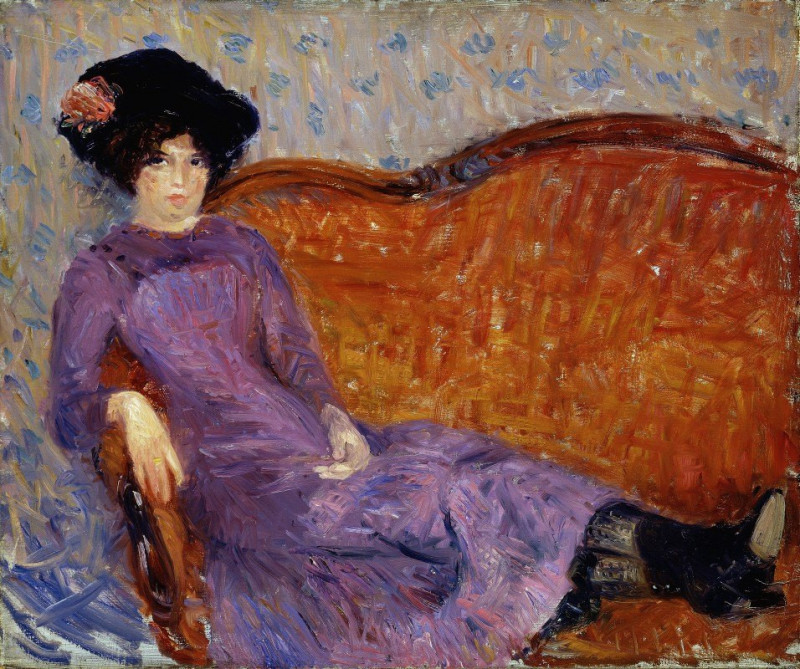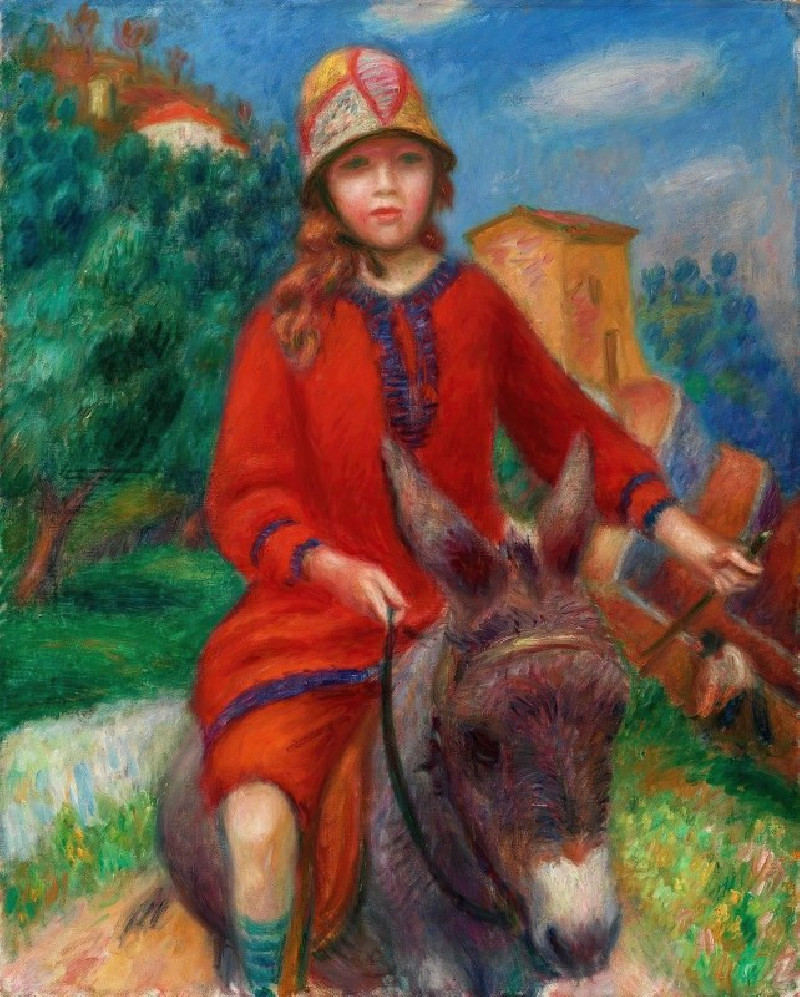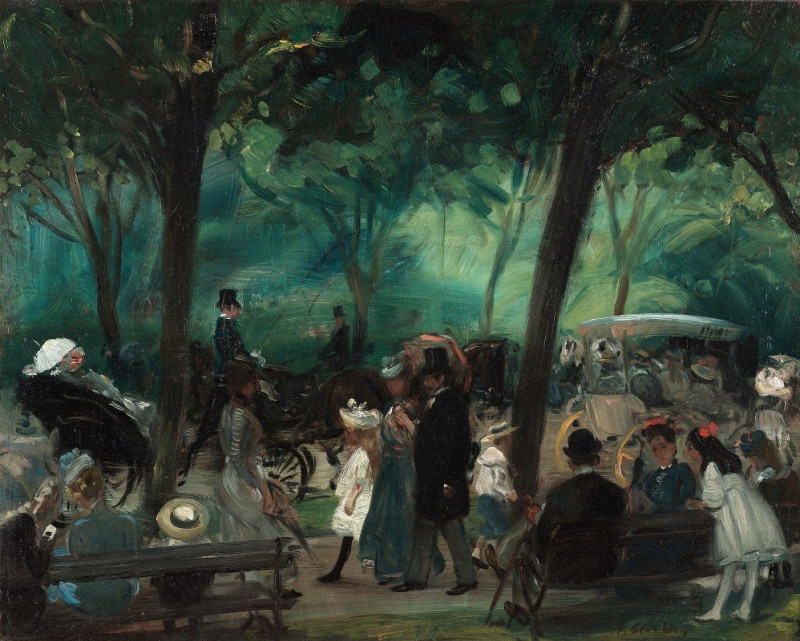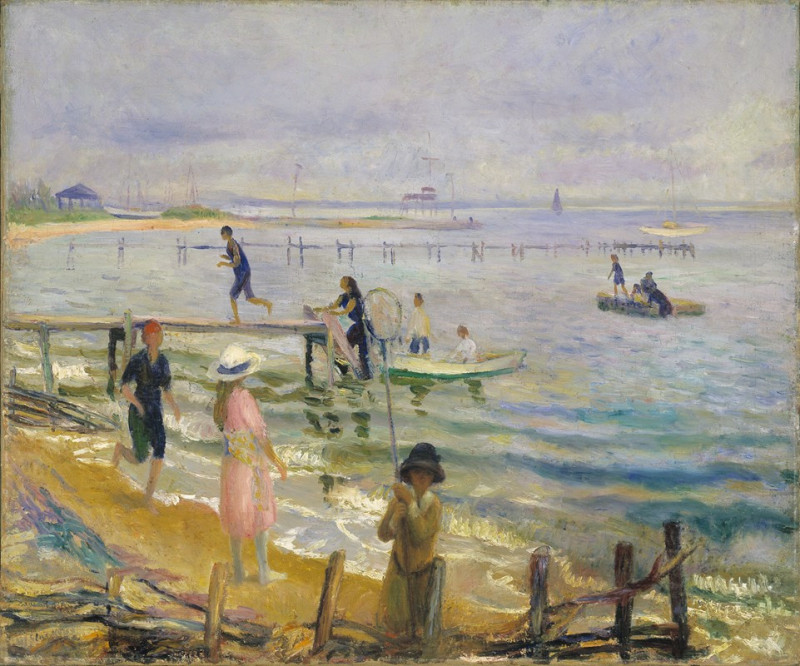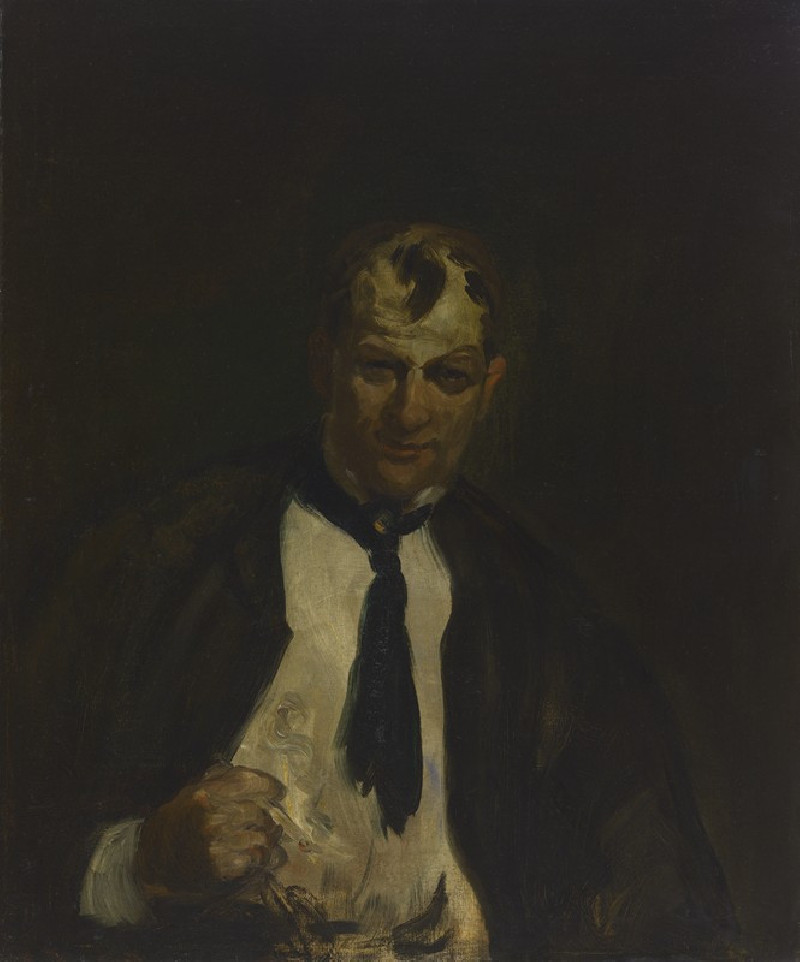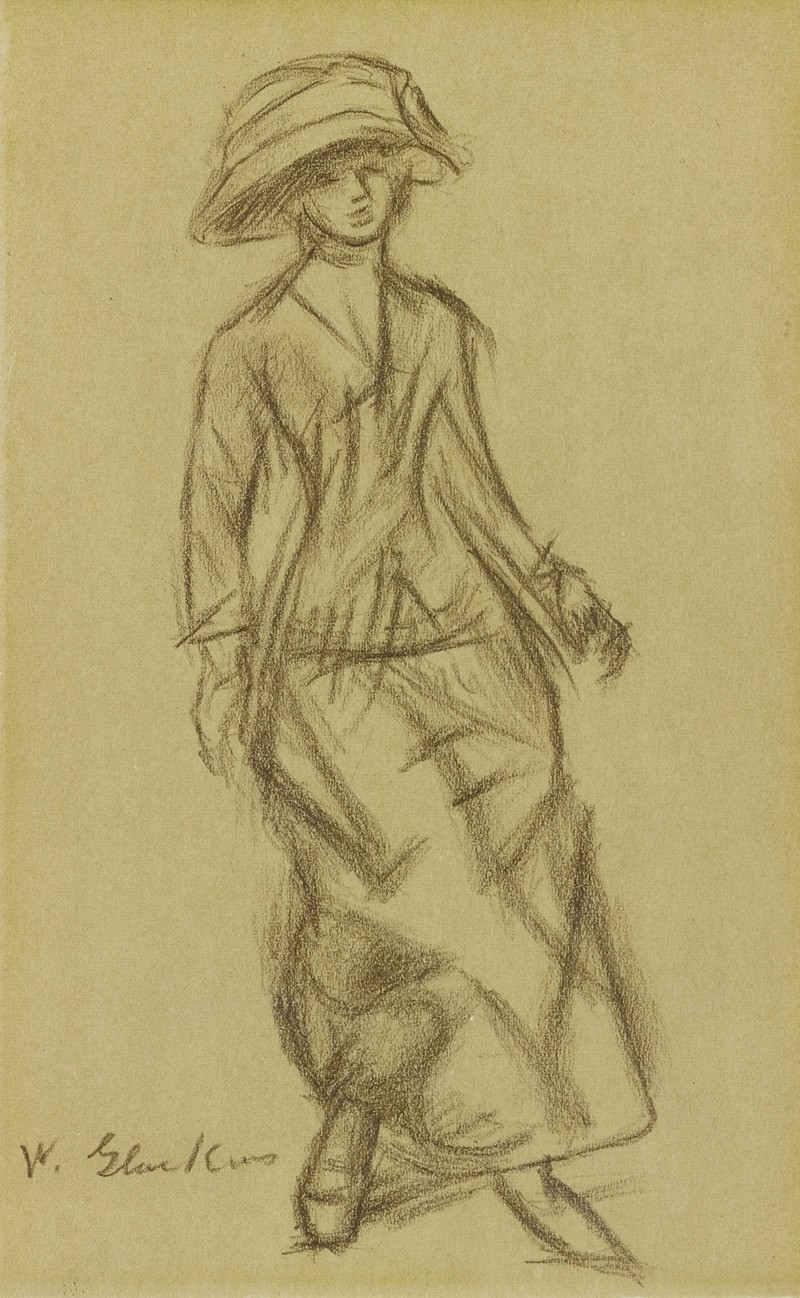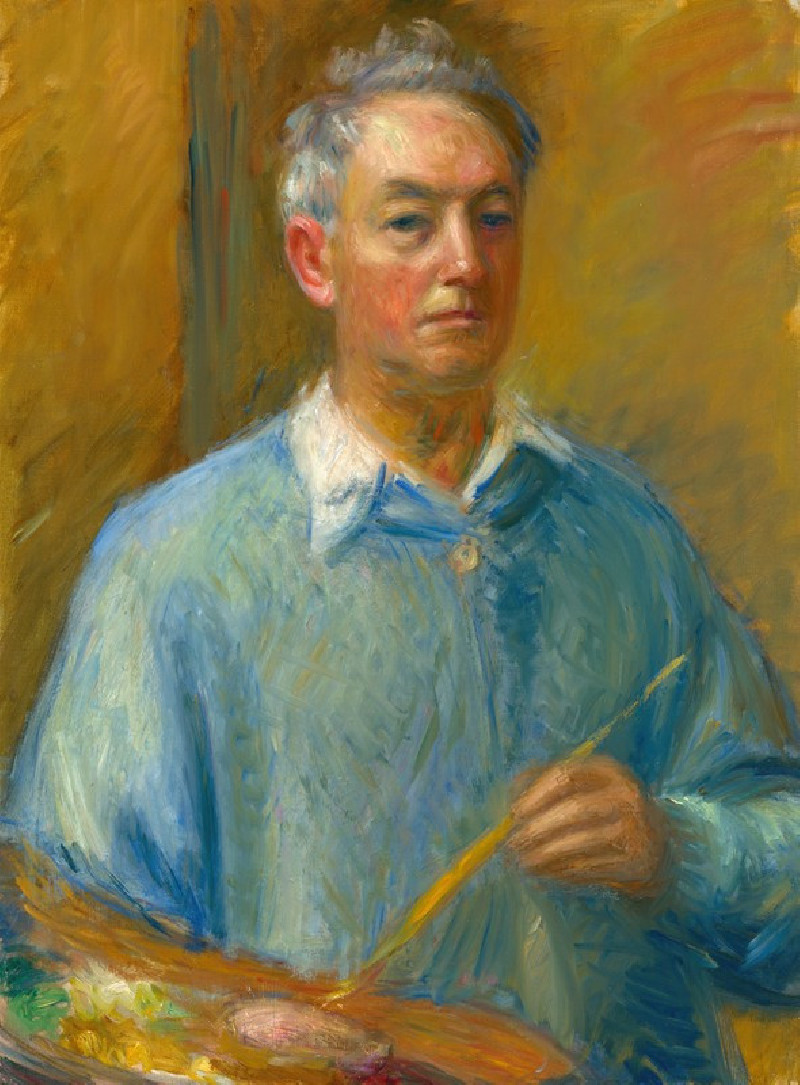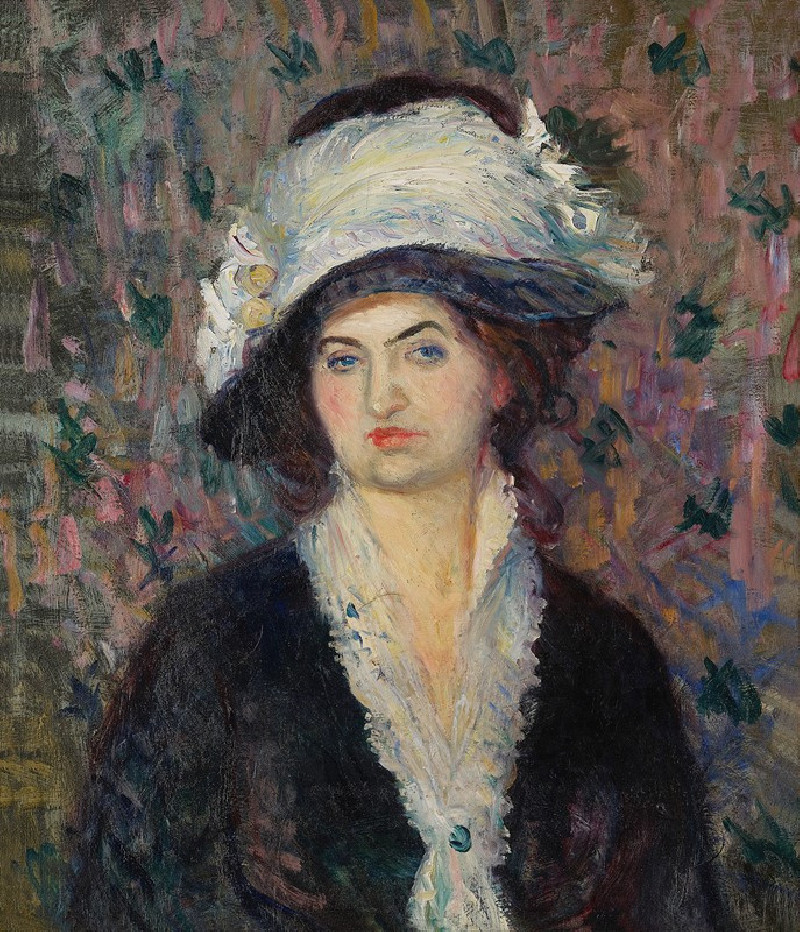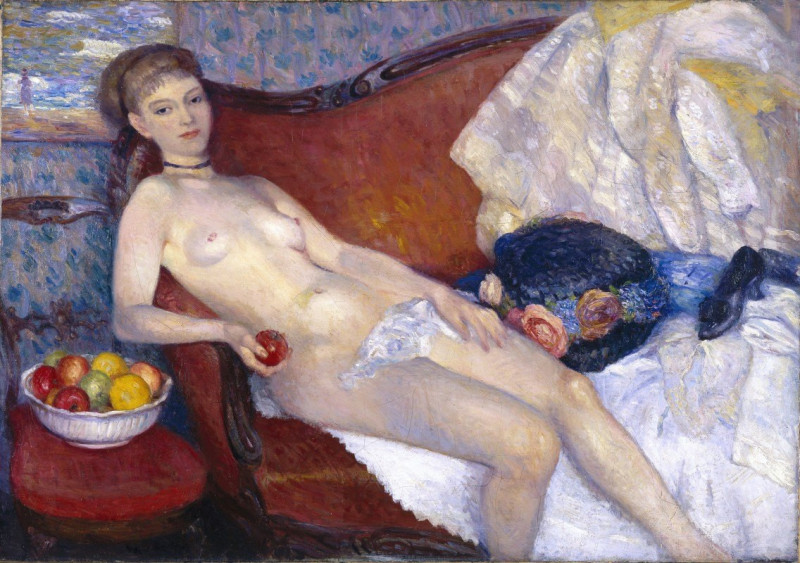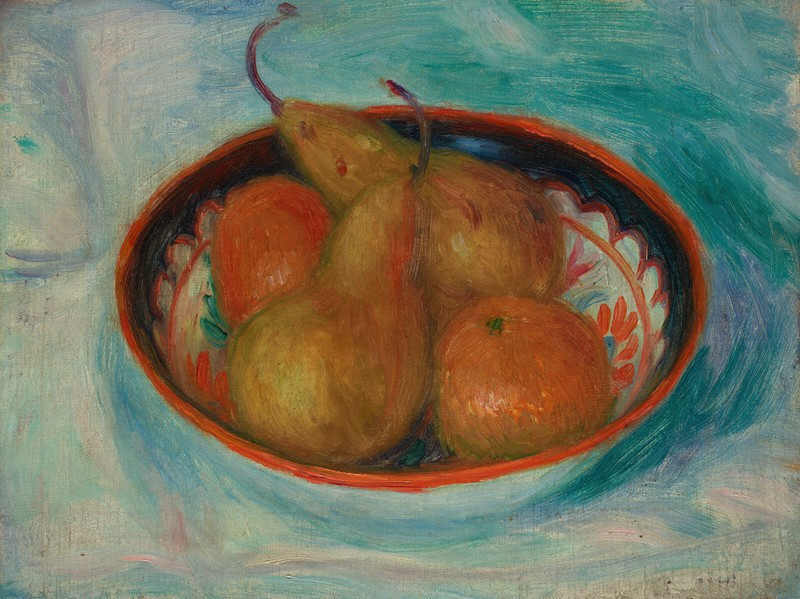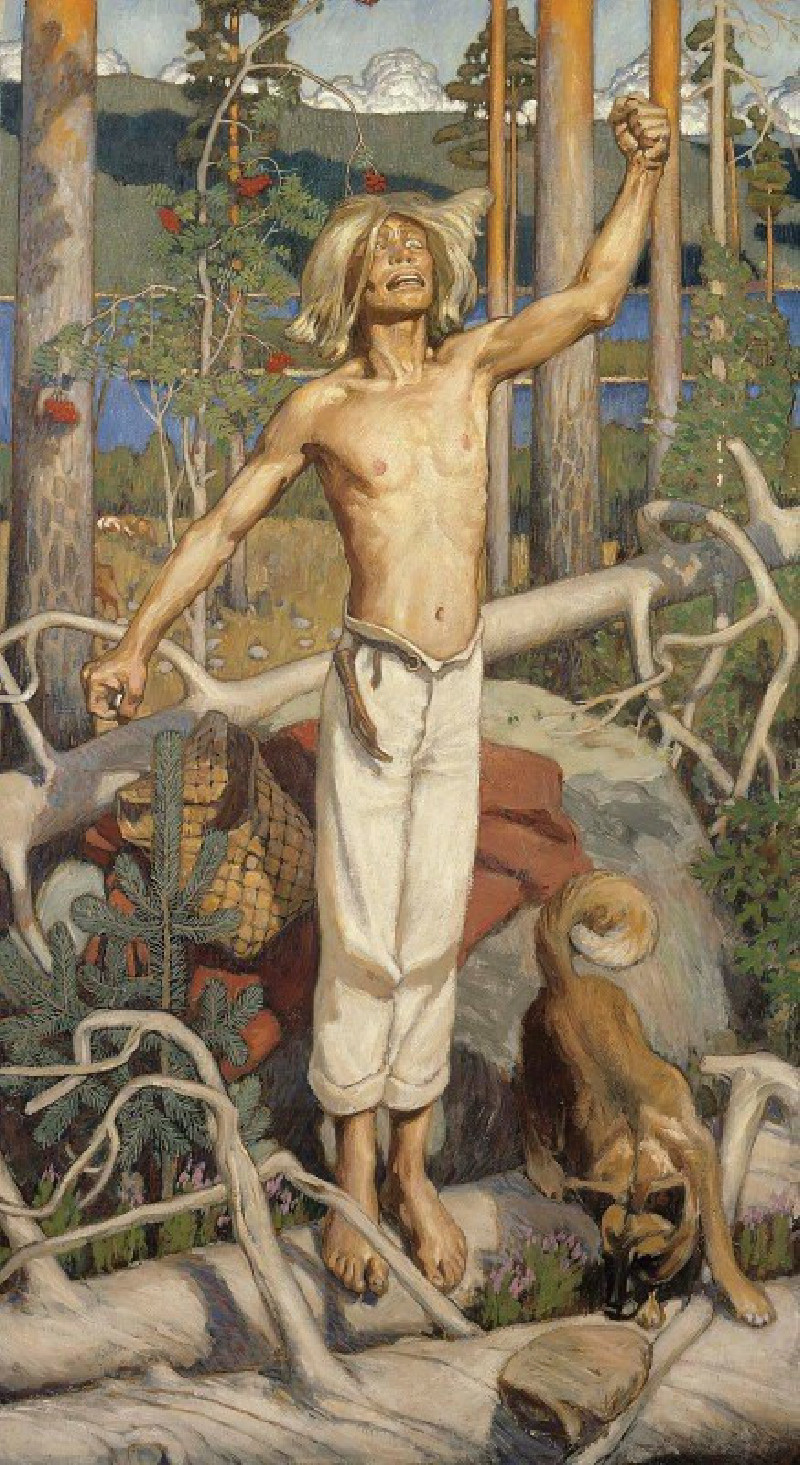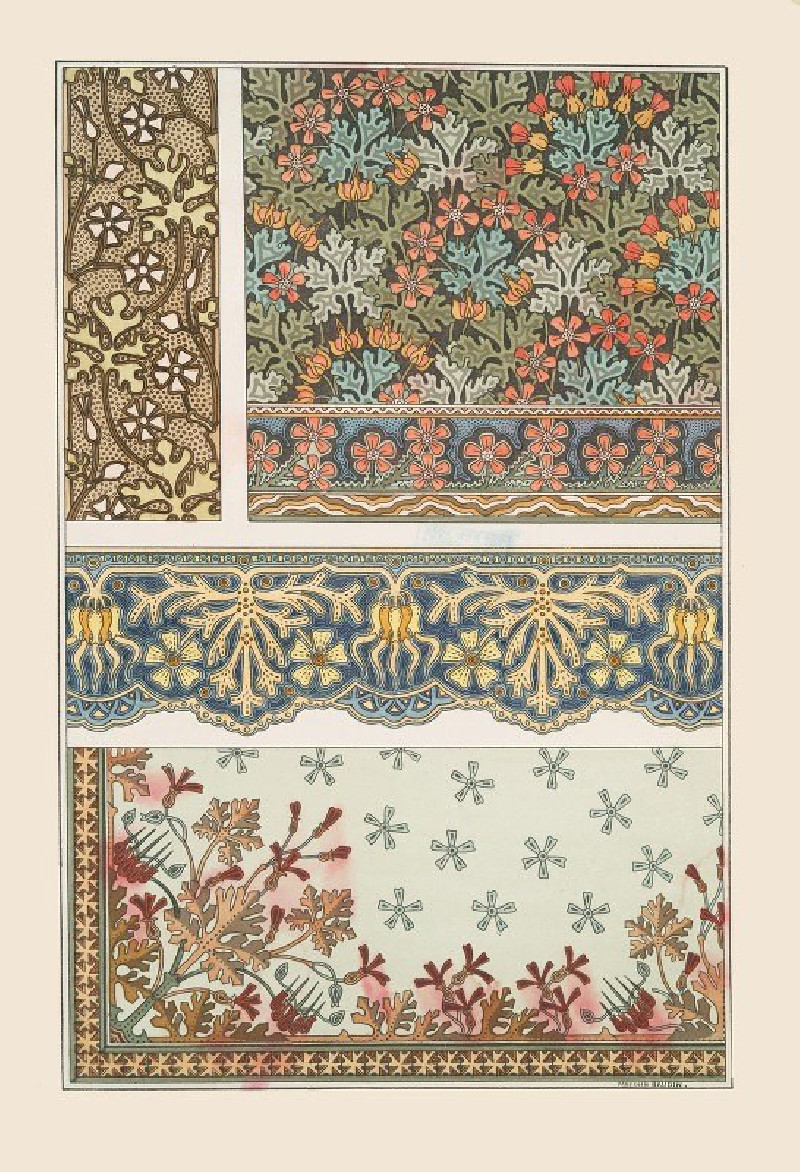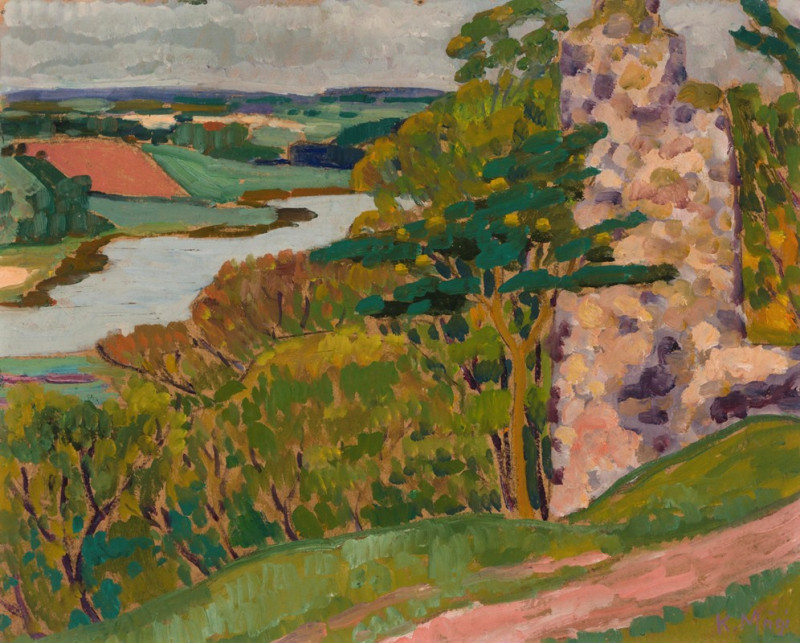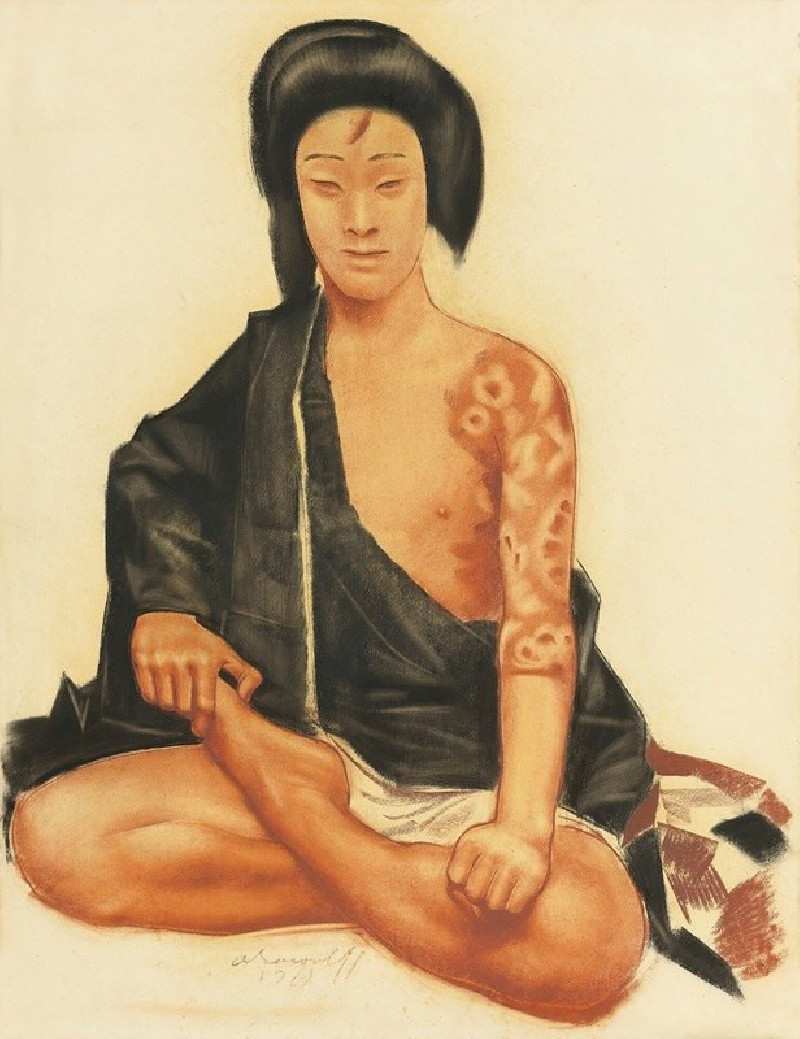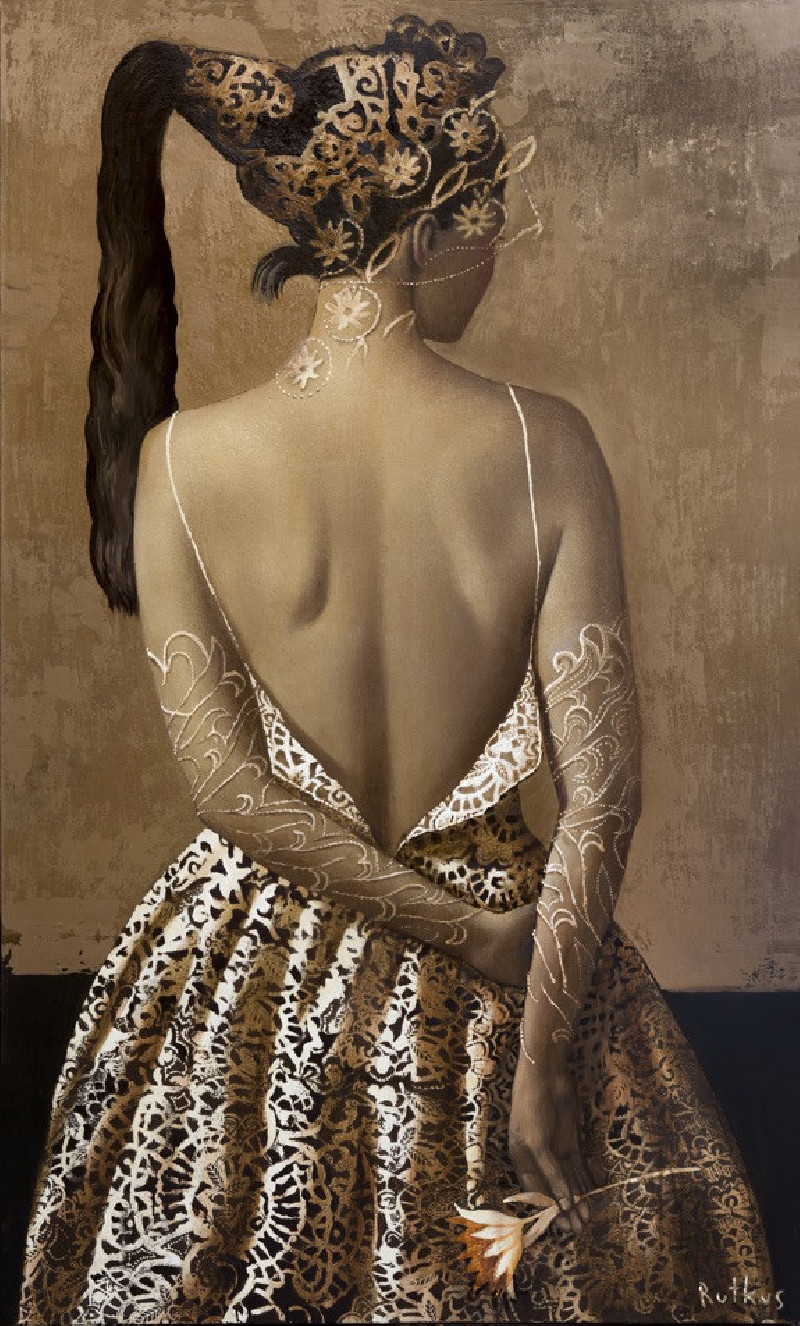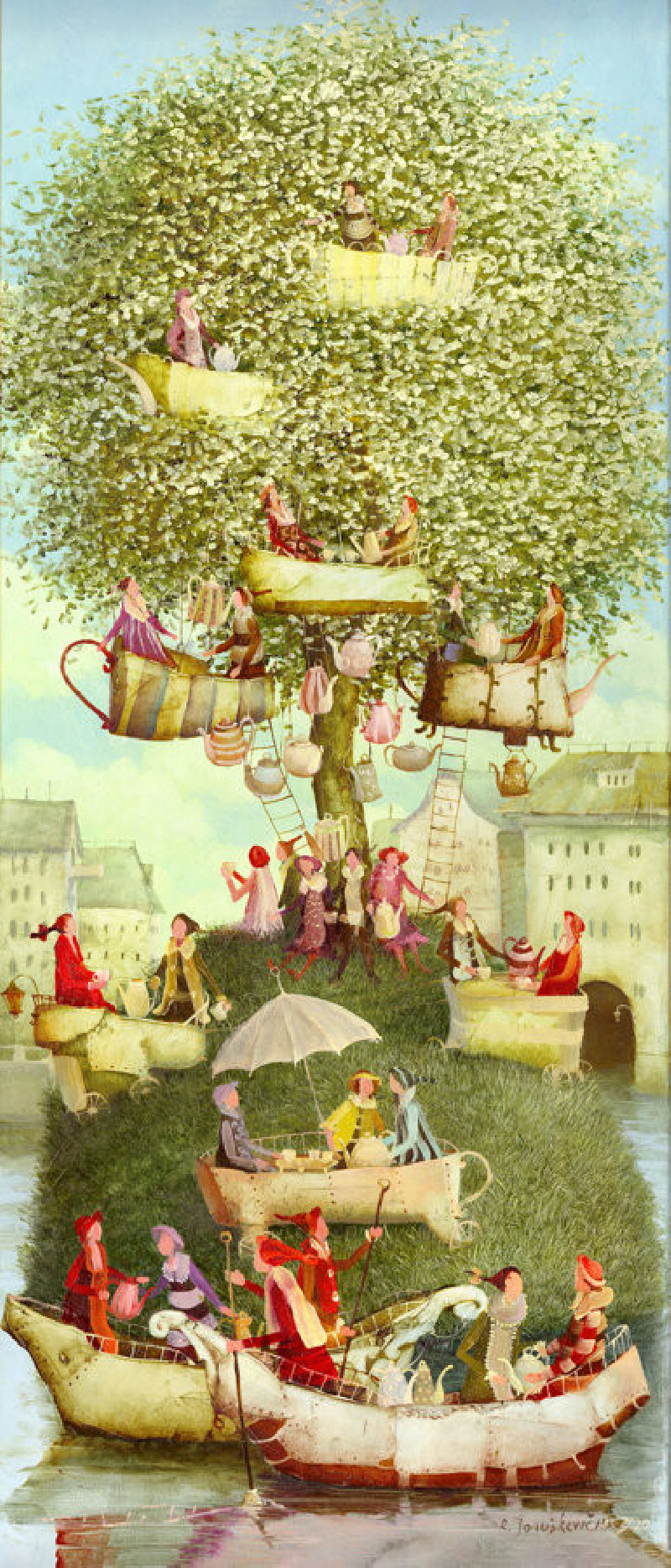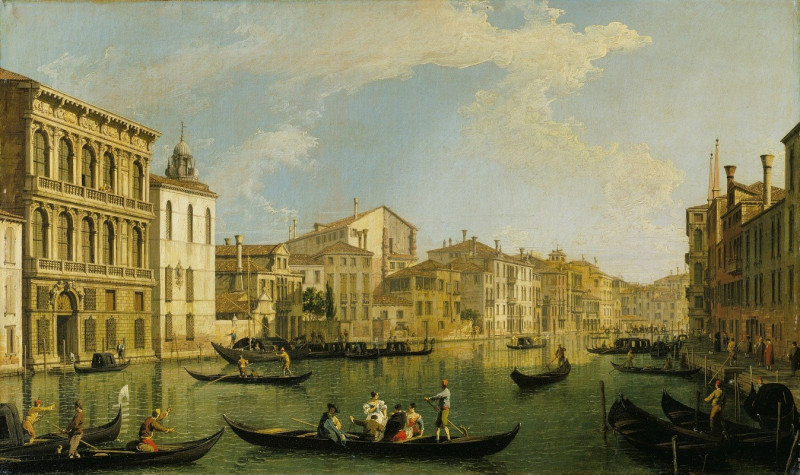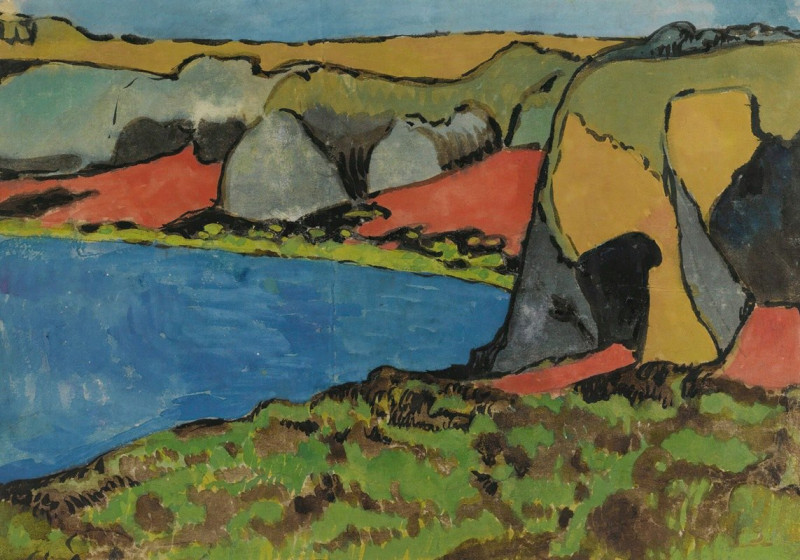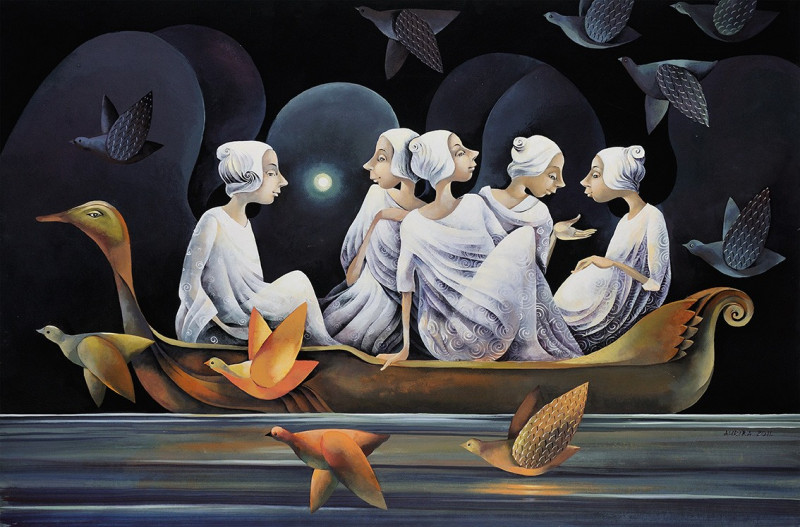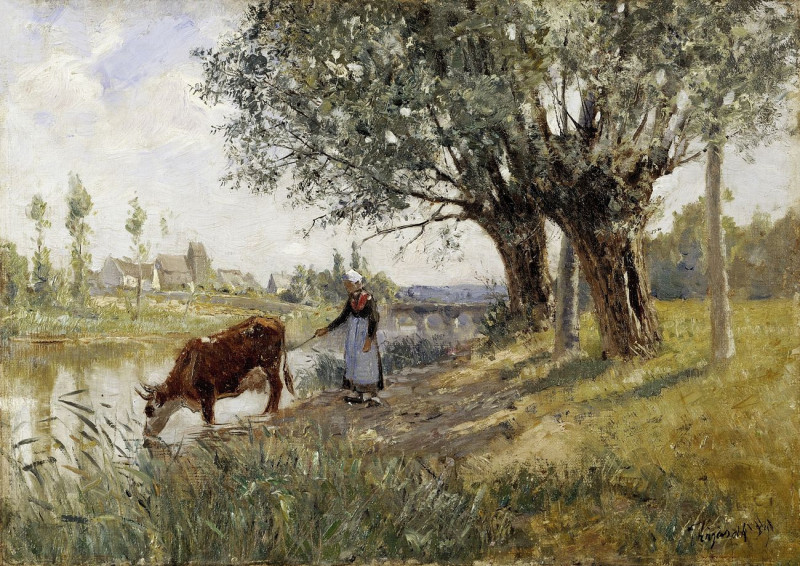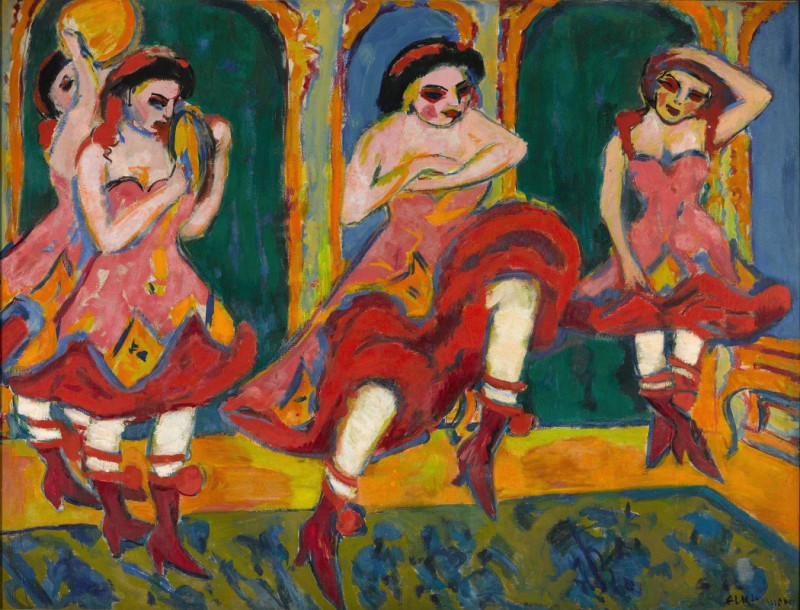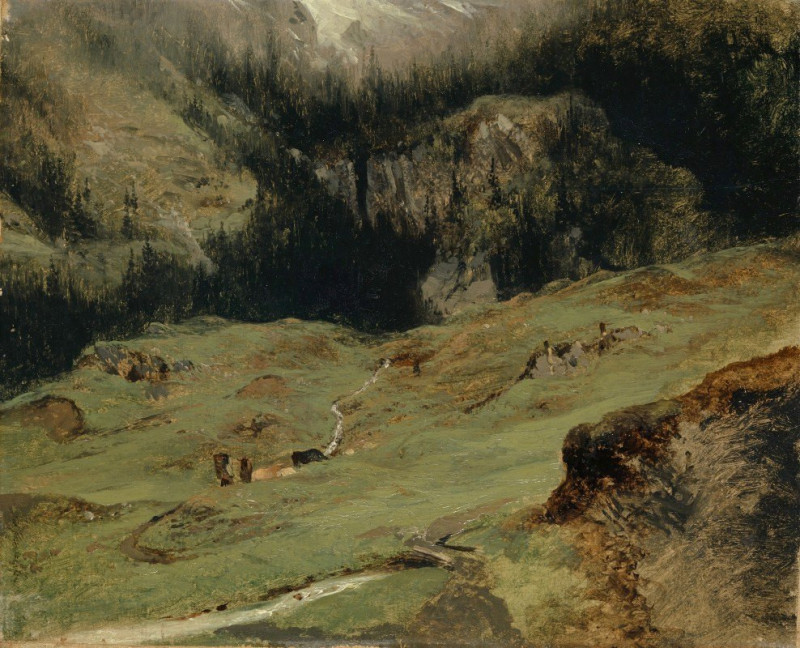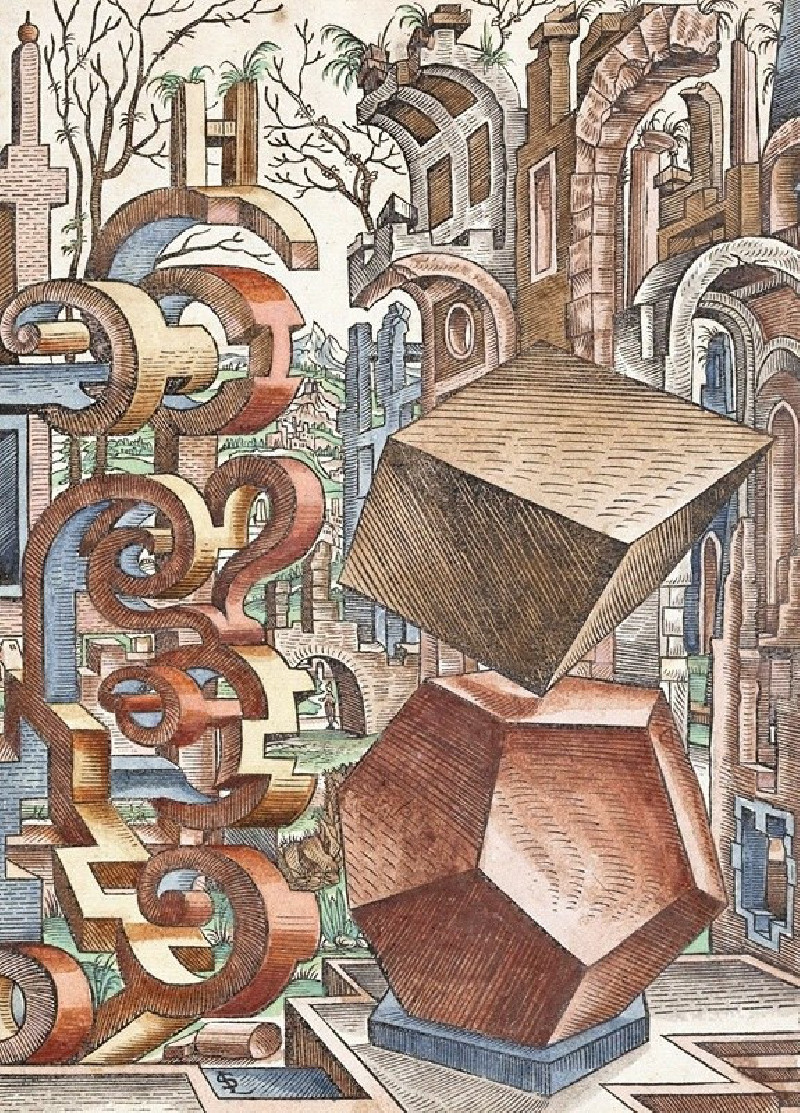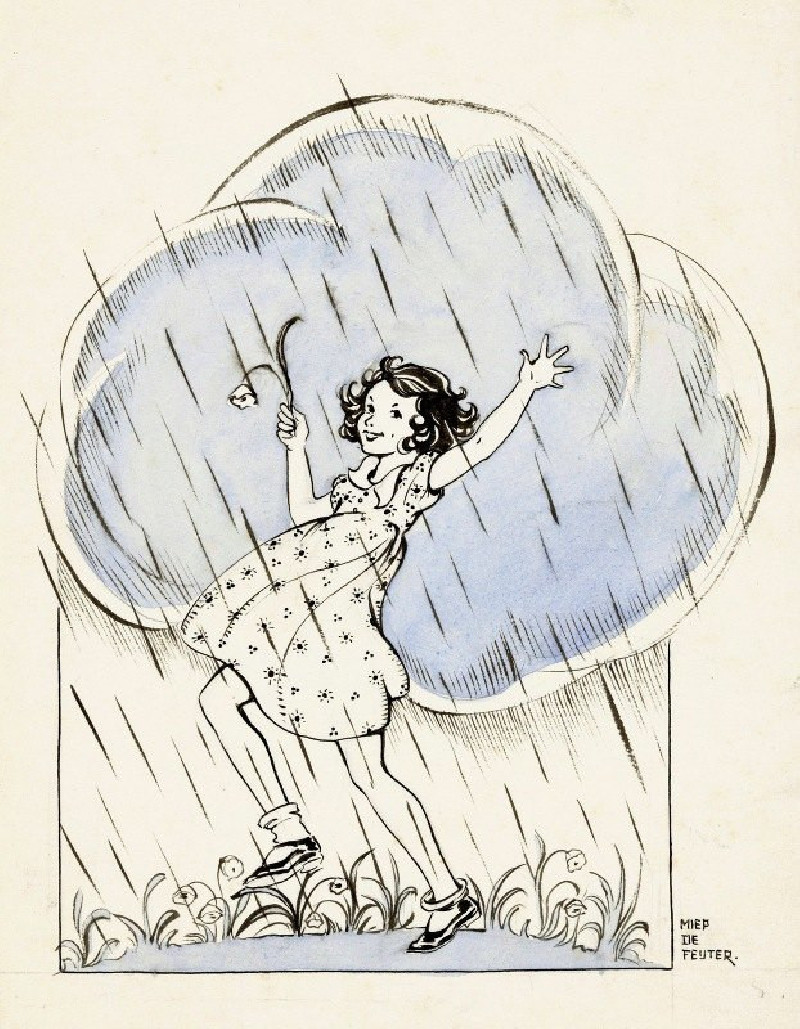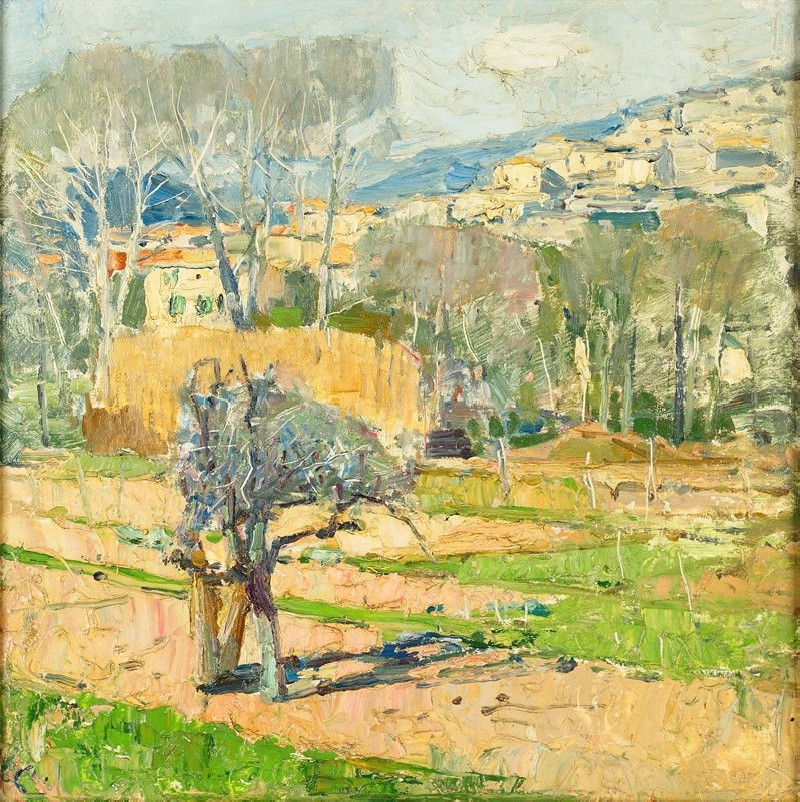Green Bowl of Flowers (c. 1916)
Technique: Giclée quality print
Recommended by our customers
More about this artwork
Experience the vibrant charm of "Green Bowl of Flowers," a captivating painting from the brush of William James Glackens. Crafted in circa 1916, this effervescent work showcases Glackens' skillful use of color and form, which injects a lively spirit into the traditional still life genre.In "Green Bowl of Flowers," an assorted bouquet bursts forth from a softly depicted green bowl. The artist's brushstrokes are loose and expressive, creating a dynamic interplay of colors that breathes life into each flower. Vivid reds, pinks, and yellows dominate the composition, while hints of blue and green add depth and contrast. The background is rendered in warm, rich tones that envelop the bouquet, emphasizing the brilliant floral colors.Glackens, known for his role in the Ashcan School and his exploration of brighter palettes in his later years, demonstrates his affinity for Impressionism with his approach in this piece. Each brushstroke not only defines the form but also enhances the sensation of light flickering across the petals.
Delivery
Returns
19th century middle-class urban lifestyle scenes painted by William James Glackens (1870-1938), American realist and modernist painter. He was the first American artist to gain recognition and success without any formal European training. His art focused on scenes of leisure and entertainment, with incredible attention to color and expressive brushwork.

